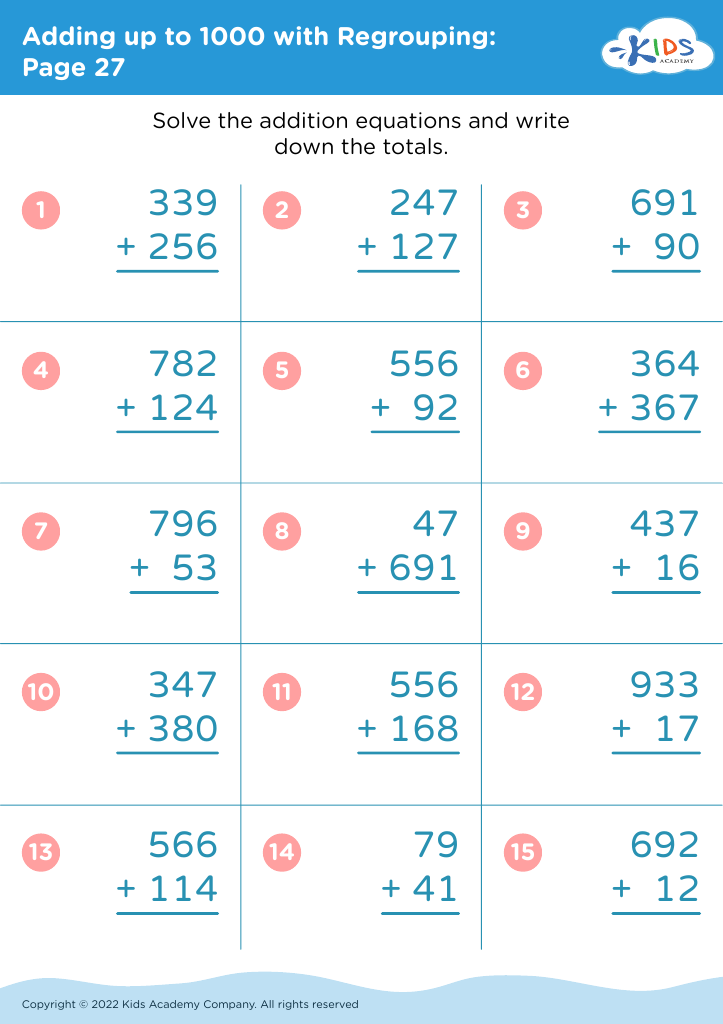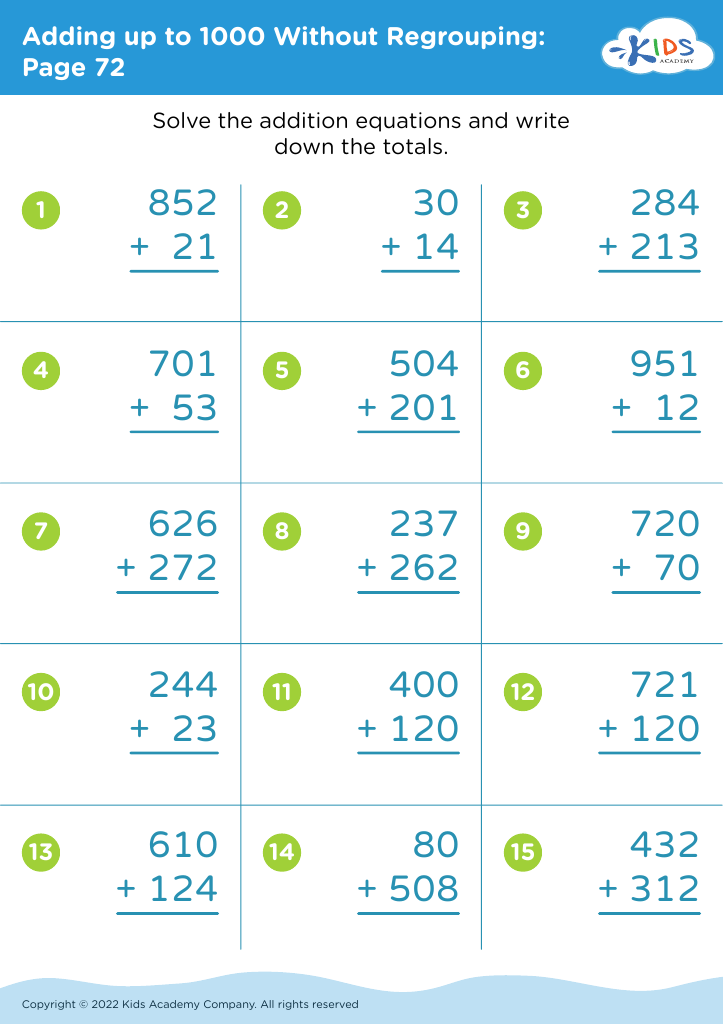Learn new vocabulary Worksheets for Ages 3-9
4 filtered results
-
From - To
Discover an engaging collection of vocabulary worksheets designed for children aged 3-9! Our resources help young learners expand their language skills through fun and interactive activities. Each worksheet is tailored to different age groups, ensuring appropriate challenges for every child. From matching words to images, filling in missing letters, and exciting word hunts, our activities make learning new vocabulary enjoyable. Ideal for classroom use or at-home learning, these worksheets foster creativity and confidence in language. Start building a strong vocabulary foundation today and watch your child’s language skills flourish! Explore our range of worksheets and make learning a joyful adventure!
Building vocabulary is fundamental to children's cognitive and social development, especially for ages 3 to 9. During these early years, children are rapidly acquiring language skills, and a rich vocabulary lays the groundwork for effective communication, reading comprehension, and critical thinking.
First, vocabulary development enhances children's ability to express themselves. With a broader range of words, children can share their thoughts, feelings, and experiences more clearly, fostering better relationships with peers and adults.
Second, a strong vocabulary is directly linked to literacy skills. Studies show that children with robust vocabularies tend to excel in reading and writing. They are more likely to comprehend texts and articulate their understanding, contributing to their academic success.
Furthermore, learning new vocabulary introduces children to diverse concepts, thereby expanding their worldviews and encouraging curiosity. It promotes analytical thinking, problem-solving abilities, and creative expression, essential skills for lifelong learning.
Finally, when parents and teachers prioritize vocabulary expansion through playful and engaging methods—like reading, games, and conversations—they instill a love for language in children. Ultimately, investing in vocabulary development equips children with the tools they need to thrive both academically and socially as they grow.




















